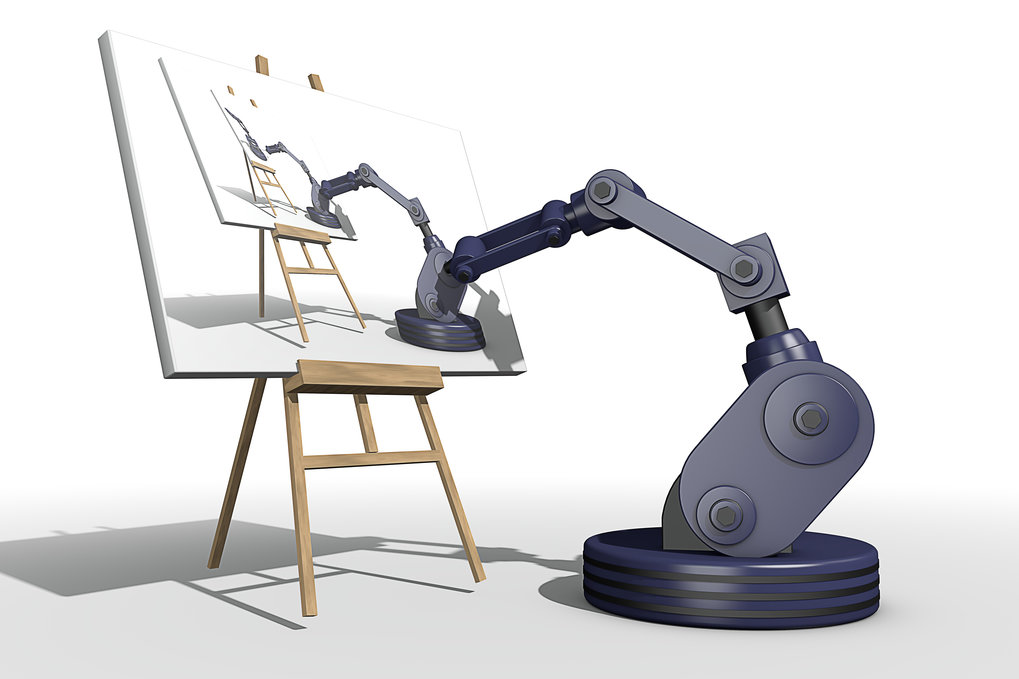Genetically reproductive material from the laboratory

Max Planck researchers have for the first time developed a genome the size of a minimal cell that can copy itself.
The field of synthetic biology does not only observe and describe processes of life but also mimics them. A key characteristic of life is the ability to ability for replication, which means the maintenance of a chemical system. Scientists at the Max Planck Institute of Biochemistry in Martinsried generated a system, which is able to regenerate parts of its own DNA and protein building blocks. The results have now been published in Nature Communications.
In the field of synthetic biology, researchers investigate so-called “bottom-up” processes, which means the generation of life mimicking systems from inanimate building blocks. One of the most fundamental characteristics of all living organism is the ability to conserve and reproduce itself as distinct entities. However, the artificial “bottom-up” approach to create a system, which is able to replicate itself, is a great experimental challenge. For the first time, scientists have succeeded in overcoming this hurdle and synthesizing such a system.
A biological machine produces its own building blocks
Hannes Mutschler, head of the research group "Biomimetic Systems" at the MPI for Biochemistry, and his team are dedicated to imitate the replication of genomes and protein synthesis with a “bottom-up” approach. Both processes are fundamental for the self-preservation and reproduction of biological systems. The researchers now succeeded in producing an in vitro system, in which both processes could take place simultaneously. "Our system is able to regenerate a significant proportion of its molecular components itself," explains Mutschler. In order to start this process, the researchers needed a construction manual as well as various molecular "machines" and nutrients. Translated into biological terms, this means the construction manual is DNA, which contains the information to produce proteins. Proteins are often referred to as "molecular machines" because they often act as catalysts, which accelerate biochemical reactions in organisms.
